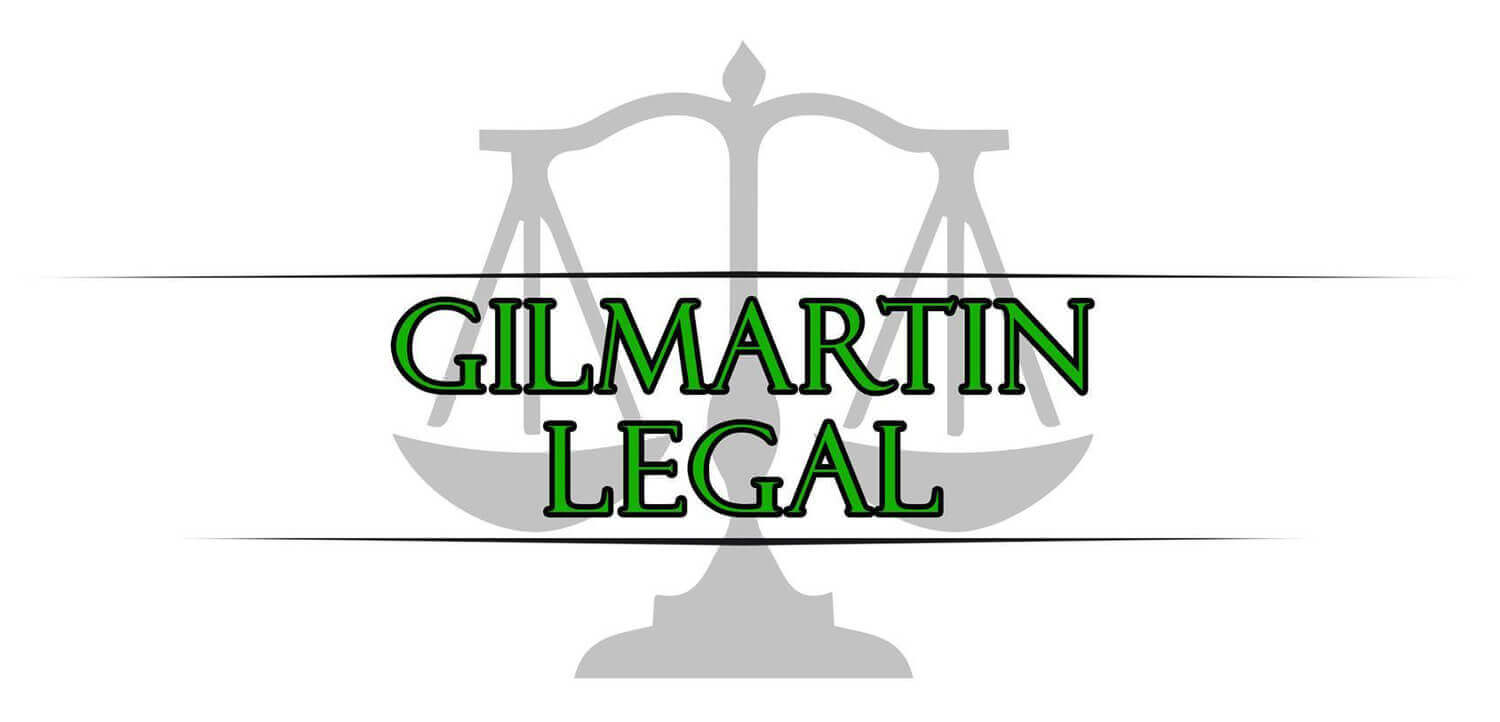Real Estate Frequently Asked Questions
What issues should I look at when reviewing a contract to purchase a home?
There are many issues to consider when purchasing a home. It is important to consider:
- Is the sale of the home contingent on the buyer’s ability to get appropriate financing or on the ability to sell his/her current home?
- Specifically what land and buildings are part of the purchase? Is any personal property part of the sale, such as washing machines and other appliances?
- When can the buyer take possession?
- Can the Seller provide a clean title?
- Who pays for the title examination, survey, etc?
- What inspections are required and who will pay for the inspections?
- Are there any restrictions on the use of the property?
- Who will pay for repairs?
- What happens if either the Buyer or Seller defaults on the agreement?
Why do I have to have the title examined?
A title examination looks through the records to determine the ownership of the land and if there are any problems or liens against the property. It is important to have the title examined to make sure that the owners have the right to sell the property and to ensure that there will be no problems with the sale.
What is title insurance?
Title insurance insures the title in the name of the owner of the policy. If any problems arise, the title insurance will protect against financial loss for the owner of the property. It protects against a negligent title search.
How should the title be held?
The title can be held in a variety of different ways, including:
- Sole owner. One person is named on the title.
- Joint Owner with Right of Survivorship. Multiple names can be named on the title with an undivided interest in the entire property. If one person dies, his/her interest in the property immediately goes to the survivor. The tenants can transfer their share of the property.
- Tenants by Entirety. This can only be done by legally married spouses. Neither can transfer his/her interest without both parties. If one spouse dies, the property automatically goes to the surviving spouse.
- Tenants in Common. Multiple names can be named on the title. Each tenant can transfer his/her share of the property. There is no right of survivorship.
- Title Conveyed in Trust for the Benefit of Purchasers. Legal title is transferred to a trustee.
What are the differences between types of deeds?
The deed is a legal document that provides information about who owns the property. When selling property, the deed is used to transfer the property to another person. There are a few different types of deeds, they are:
- General Warranty Deed. This deed guarantees that the seller owns the title, can legally sell the property, has not already sold the property, that the property is free of debt or other claims, and the seller is responsible for any problems.
- Special Warranty Deed. This deed also guarantees the same things as the general warranty deed, but only for the time during which the seller owned it. Any prior problems that may arise are not covered.
- Quit Claim Deed. This deed has no warranties and solely conveys interest from the grantor.
- Sheriff’s Deed. This deed is given at the end of foreclosure proceedings when the property is bought at the sheriff’s auction.There is no warranty.
- Fiduciary Deed. This is a deed granted by a trustee under a trust agreement or a court proceeding.
What is a survey?
A survey is a drawing of the property that shows the boundary lines, improvements and any encroachments. Improvements include the house, driveway, garage or any other buildings on the property. Encroachments include utilities, easements and structures not being conveyed with the property such as a neighbor’s fence that should not be on the property. Lenders usually require a survey.
What is an easement?
An easement is an interest in the property by a person that does not own the entire property. This easement may give that person or entity a right to use a portion of the land for a specific, limited purpose. For example, a person without access to a public road, may have an easement across your property to access the public road. This easement allows them to cross your property. Common easements include: a right-of-way, a right of entry, a right to support of land and buildings, a right of light and air, and a right to water.
What is escrow?
An escrow agent is a third party that holds funds for a certain period of time. Usually earnest funds are put in escrow until the sale is complete. Sometimes escrow accounts are created to hold funds to later pay taxes, mortgage insurance and homeowner’s insurance. The funds put in escrow are distributed according to detailed escrow instructions.
How do I know what the land around my property will be used for?
If you are concerned with how surrounding property may be used, it is a good idea to speak with the local municipality to determine how the surrounding land is zoned. Though this does not provide any guarantees, it can give you an idea about how the surrounding land may be used. If possible, you can ask owners of surrounding property how they plan to use it.
What is real property?
Property is divided into real property and personal property. Real property is defined as land and anything permanently attached to the land, such as houses, garages, or buildings. Personal property includes cars, clothes and other personal possessions.
Do I need a lawyer when purchasing real estate?
You should always consult a real estate lawyer when you are involved in any real estate transaction. A lawyer can review documents and provide valuable guidance regarding the process. If you have any legal questions about real estate, call Gilmartin Legal for counsel today.






